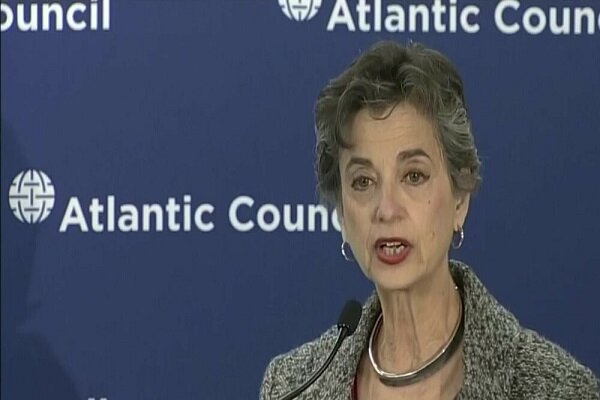In an interview with the Mehr News Agency, Barbara Slavin, who is acting director of Future of Iran Initiative at the Atlantic Council's South Asia Center, also says claims by the Trump administration that the US is still a party to the nuclear deal is “a controversial interpretation that even US allies reject”.
This is the text of the interview:
UN Security Council Resolution 2231, which enshrined the 2015 nuclear deal between world powers and Tehran, envisages lifting arms embargo on Iran starting this October. However, the US proposed a draft resolution to the UN Security Council to “indefinitely” extend the arms embargo against Iran. What are the main motives of the US for such an approach?
The Trump administration points to Iranian violations of the embargo – providing missiles to the Houthis and Hezbollah for example – and says that allowing the embargo to end would lead to more aggressive Iranian policies in the region. However, I believe the Trump administration also seeks to further undermine the JCPOA so that it cannot be easily revived by a future US government.
Britain, France, and Germany say they will not back US efforts to extend the UN arms embargo on Iran. In view of such a position by E3, how is it possible that the SU succeed?
The Trump administration interprets Resolution 2231 in such a way that it can claim to still be a “participant” for the purpose of snapback even though the US left the deal in 2018. It is a controversial interpretation that even US allies reject.
Germany, France, and the UK have repeatedly underlined their commitment to the 2015 deal but they do not make efforts to save the moribund deal and this approach has convinced Tehran that the JCPOA does not serve Iran’s interests. In view of such a situation, how is it possible to save the deal from total collapse?
If Joe Biden is elected president, he has said he would return the US to compliance if Iran also returns to compliance. This is the best path to control Iran’s nuclear program and provide sanctions to relief to Iranians.
Interview by Hamid Bayati
